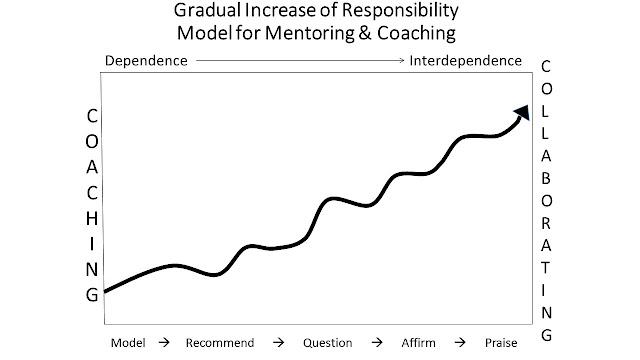In “My Fair Lady,” Eliza proclaims, “Words! Words! Words! I’m so sick of words! I get words all day through; first from him, now from you! Is that all you blighters can do?...Never do I ever want to hear another word. There isn’t one I haven’t heard!”
This
week, you might want to take a look at:
Small
shifts to limit teacher talk:
https://www.edutopia.org/article/limit-teacher-talk-increase-student-engagement-achievement/
Coaching with gratitude:
https://choiceliteracy.com/article/an-attitude-of-gratitude/
A short video on getting students to focus on learning, not grades:
https://www.youtube.com/watch?v=YJoKocHOdnI
Classroom Screen is a digital tool for your whiteboard. Add timer, noise meter, calendar, name picker, and more:
https://classroomscreen.com/
5 tips for retaining teachers:
https://www.insightadvance.com/blog/five-tips-for-retaining-teachers
That’s it for this week. Happy Coaching!
Was this helpful? Please share!
Want to know about new posts? Click “Follow” (bottom right)
Follow on Facebook at: facebook.com/mycoachescouch and Twitter and Instagram @vscollet for more coaching and teaching tips! You can also find me at VickiCollet.com
https://www.edutopia.org/article/limit-teacher-talk-increase-student-engagement-achievement/
Coaching with gratitude:
https://choiceliteracy.com/article/an-attitude-of-gratitude/
A short video on getting students to focus on learning, not grades:
https://www.youtube.com/watch?v=YJoKocHOdnI
Classroom Screen is a digital tool for your whiteboard. Add timer, noise meter, calendar, name picker, and more:
https://classroomscreen.com/
5 tips for retaining teachers:
https://www.insightadvance.com/blog/five-tips-for-retaining-teachers
That’s it for this week. Happy Coaching!
Was this helpful? Please share!
Want to know about new posts? Click “Follow” (bottom right)
Follow on Facebook at: facebook.com/mycoachescouch and Twitter and Instagram @vscollet for more coaching and teaching tips! You can also find me at VickiCollet.com




